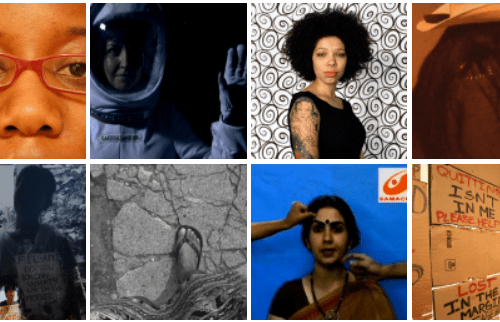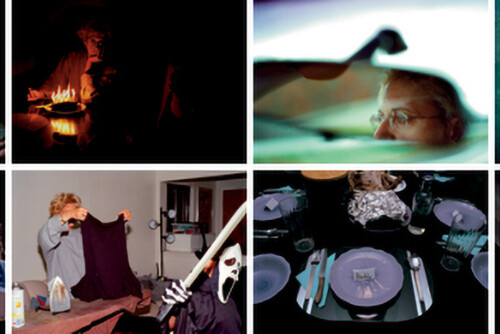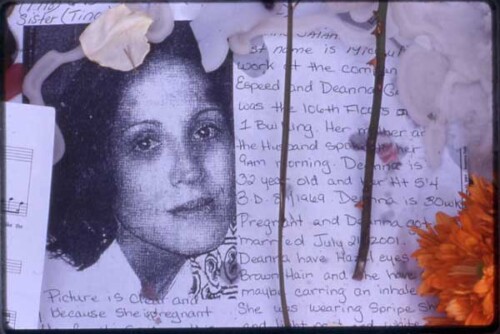Finally, my hope is that new explorations will invite us to interrogate difficulty more generally. Difficulty has long stood at the heart of academic enterprises. One of the great insights of feminist theory has been disrupting the idea that theory is necessarily abstract, removed from the experiential. Yet our work on intersectionality is increasingly invested in complexity and celebrated for its difficulty.
It seems to me it is worth asking how intersectionality’s institutionalization has led to its “complexity.” When the Combahee River Collective, Frances Beale, Deborah King, and others articulated their own versions of intersectionality in the 1970s and 1980s, complexity was not the virtue they were celebrating. Instead, they were invested in giving a name to subject positions that had long been unnamed. Theory-making isn’t an exercise in opacity, or at least it needn’t be, nor does it need to be a celebration of complexity for complexity’s sake. As we continue to imagine intersectionality, it is worth asking how the fetishization of intersectionality’s difficulty and complexity can operate as a pernicious tool of exclusion, one which silences the very voices it intends to project.



